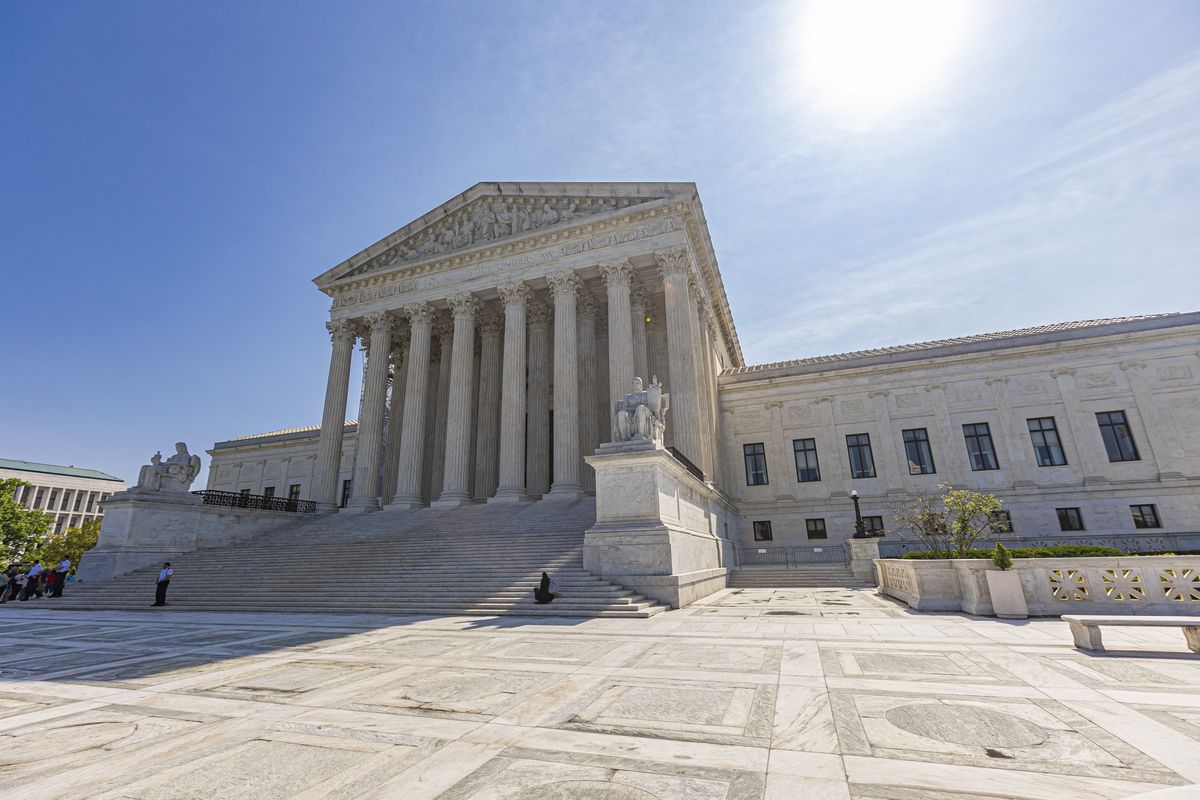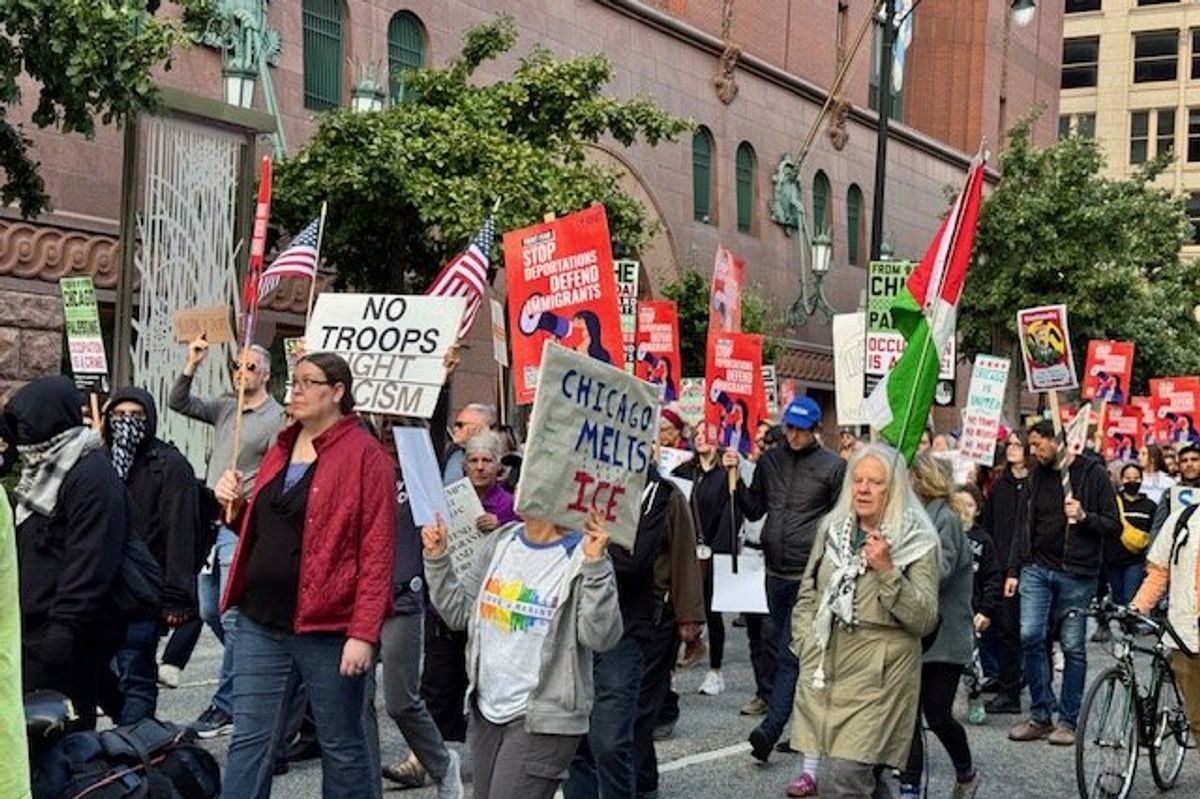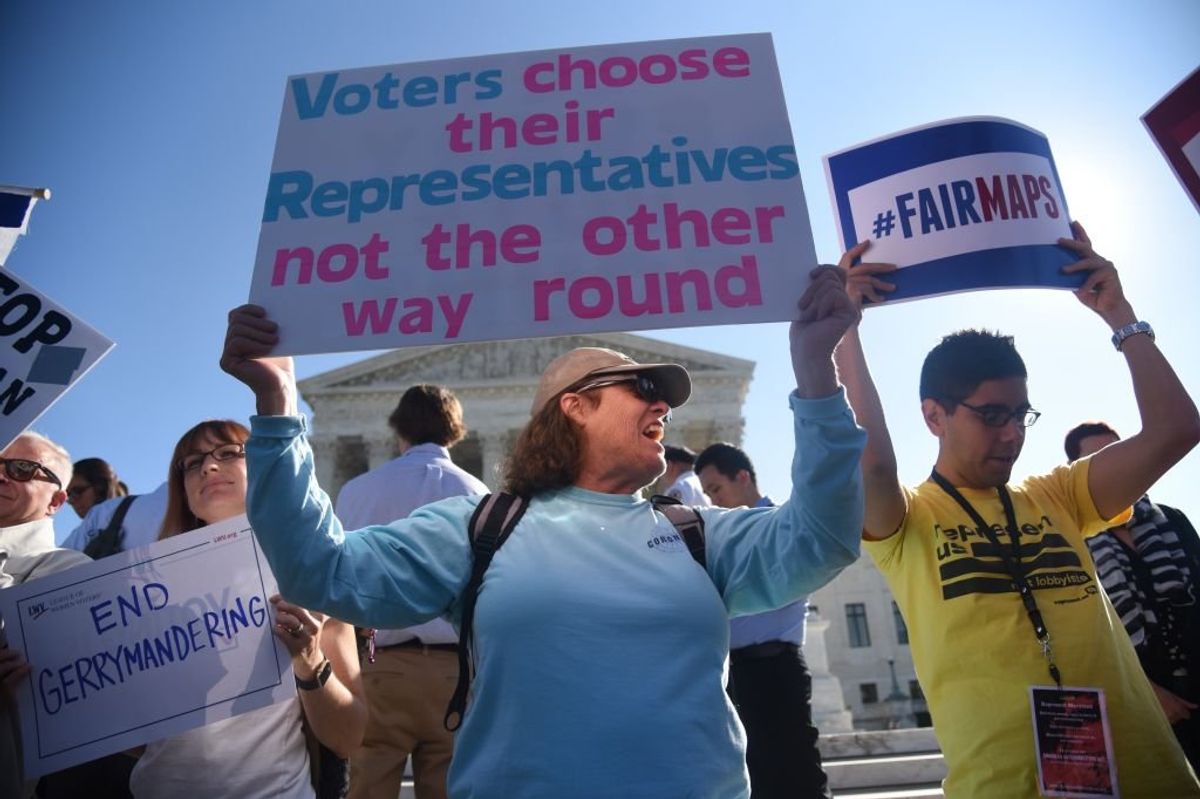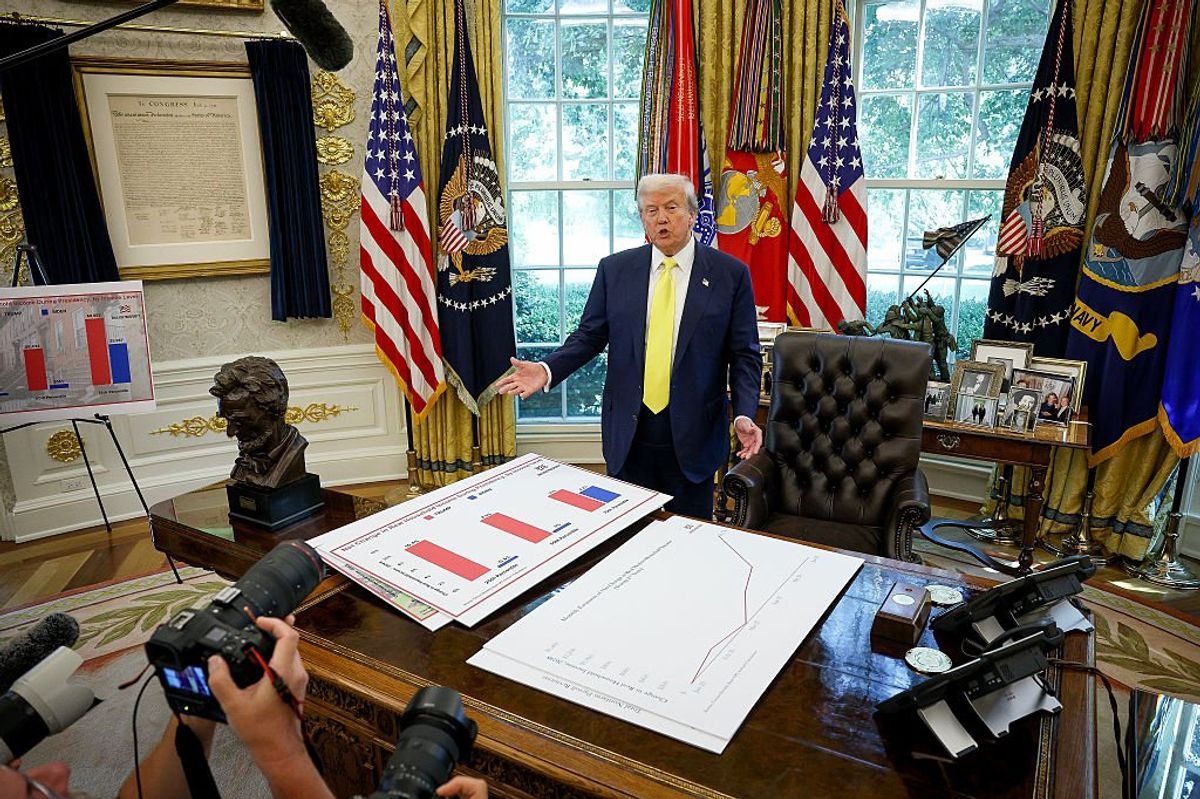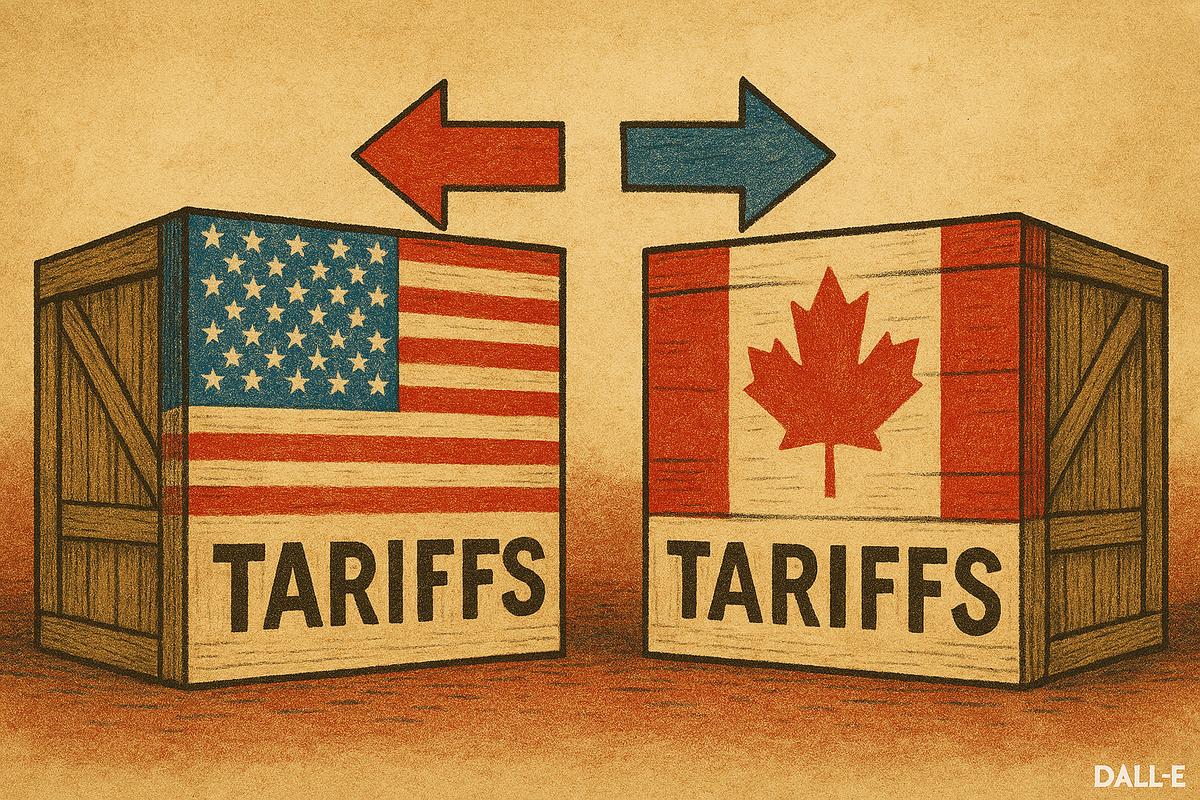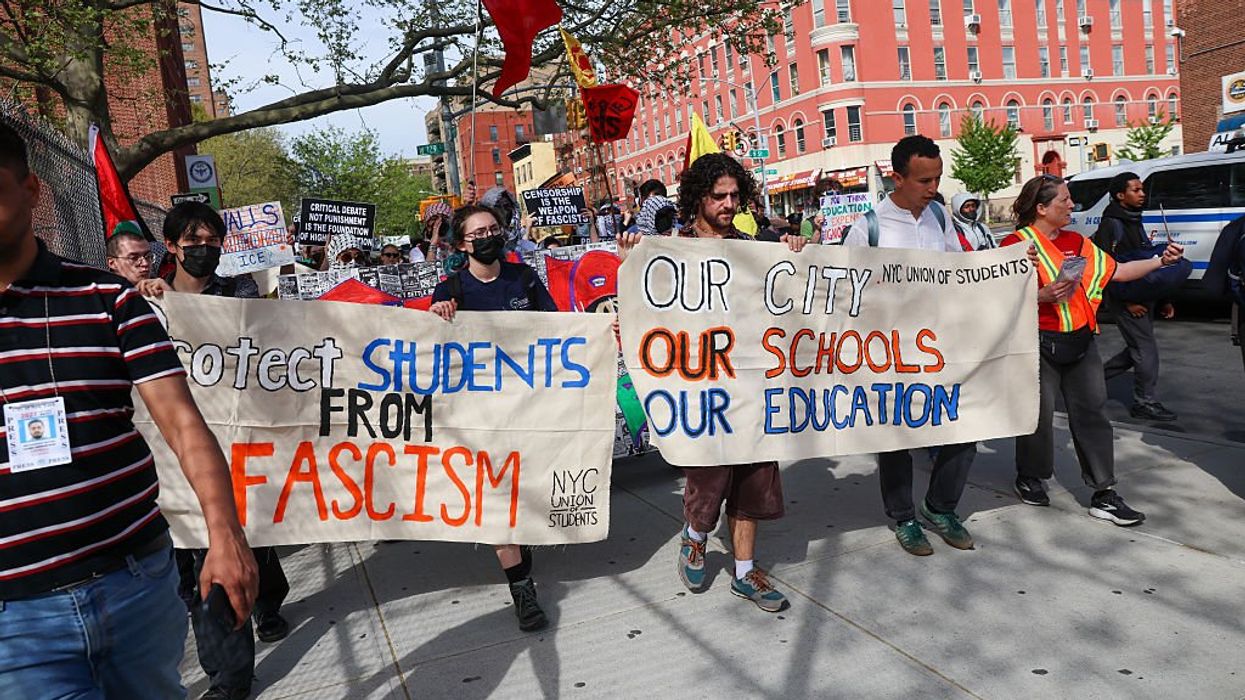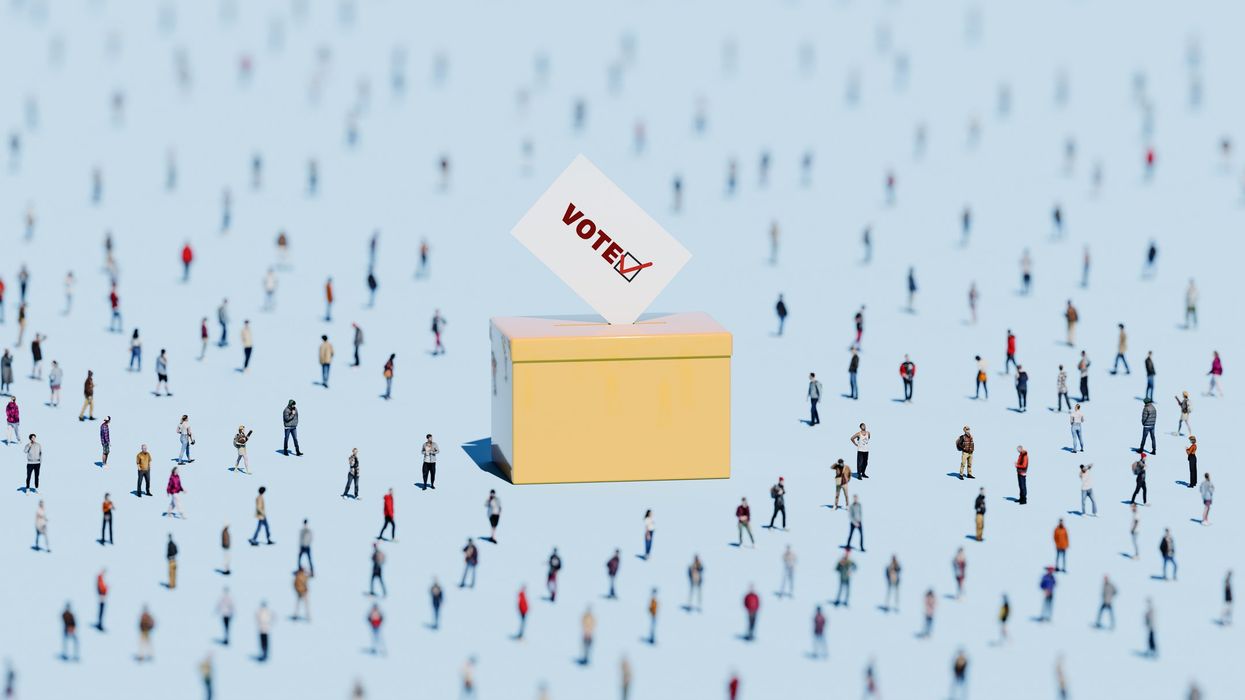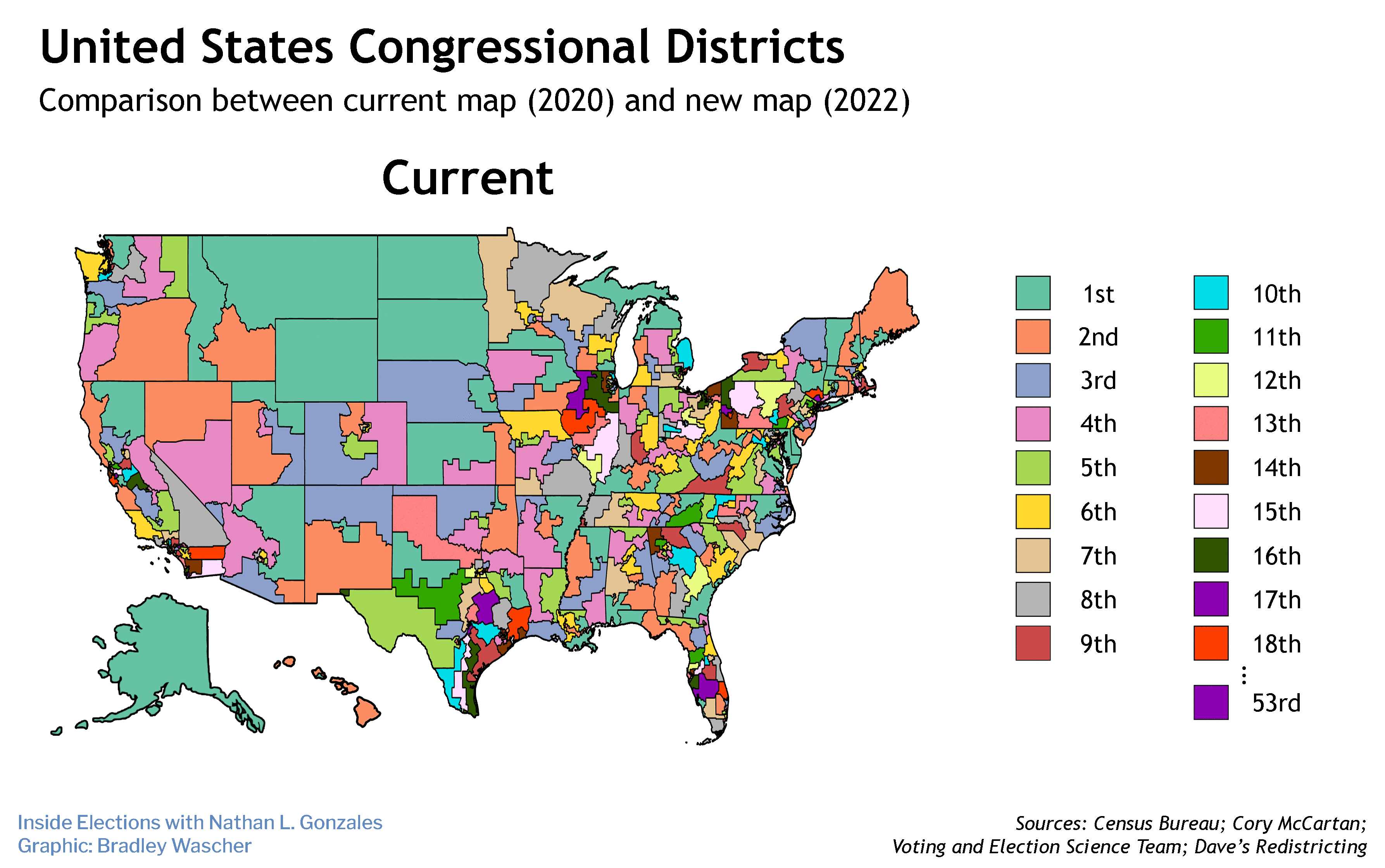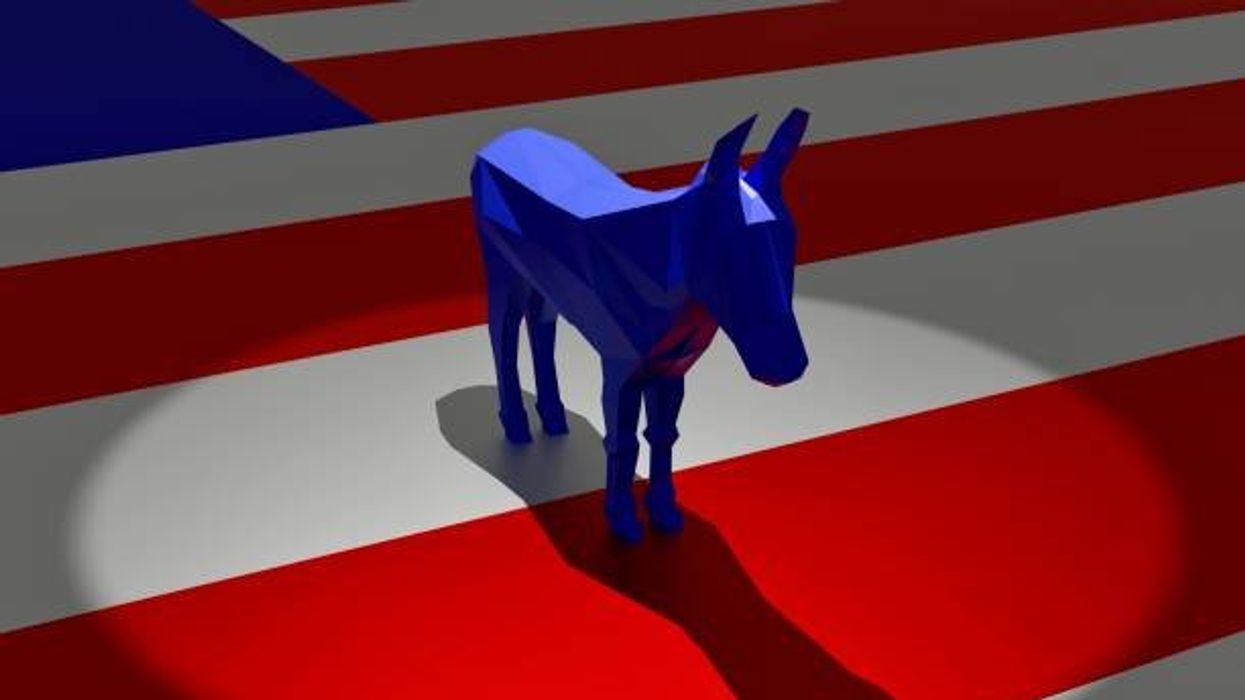While the congressional crusade to expand voting access now looks stalled at least until after the 2020 election, momentum in the state legislatures continues to appear strong.
That's the conclusion of the Brennen Center for Justice at NYU Law School, which is out with its latest comprehensive survey of how democracy reform efforts are faring in the state capitals.
Lawmakers in 41 states have introduced 589 bills to expand political rights so far this year, a 10 percent increase from the number of such proposals at this point in the previous legislative cycle – and 25 percent more than in the spring of 2015. At the same time, just 63 measures to restrict political participation have been proposed, and in 29 states there have been none of these.
"The key question now is whether this pro-voter enthusiasm will actually be converted into law," the center writes. "We are cautiously optimistic there will be more: 17 states have already successfully moved 34 expansive bills through one or more houses of their legislature," while only four restrictive bills have moved through either a state House or a state Senate. But it is also the case that, in the legislative season of 2017, a surge of measures to restrict voting advanced in June, when many sessions come to an end.
So far, the most important pro-democracy changes have come in New York, the fourth most populous state. Legislators in Albany have already completed measures to expand early voting, permit people as young as 16 to pre-register to vote, expand the portability of registration records, consolidate the dates for state and federal primaries (which boosts turnout) and speed up ballot distributions to New Yorkers serving abroad in the armed forces.
The push and pull in the statehouses is all the more important now that HR 1, which the Democrats pushed through the House along party lines last week, looks destined for indefinite purgatory in the Republican Senate.
House passage "opened what is likely to be a sustained confrontation over access to the voting booth that could reshape not only the competition between the political parties but also the racial division of power in an irreversibly diversifying America," political analyst Ronald Brownstein writes for CNN. "Democrats and civil rights groups are committed to a long-range campaign to leverage federal power to overcome state-level barriers, particularly across the Sun Belt, that local Republican parties have constructed, partly to delay the political emergence of growing minority communities, critics suspect, which tend to vote Democratic."
